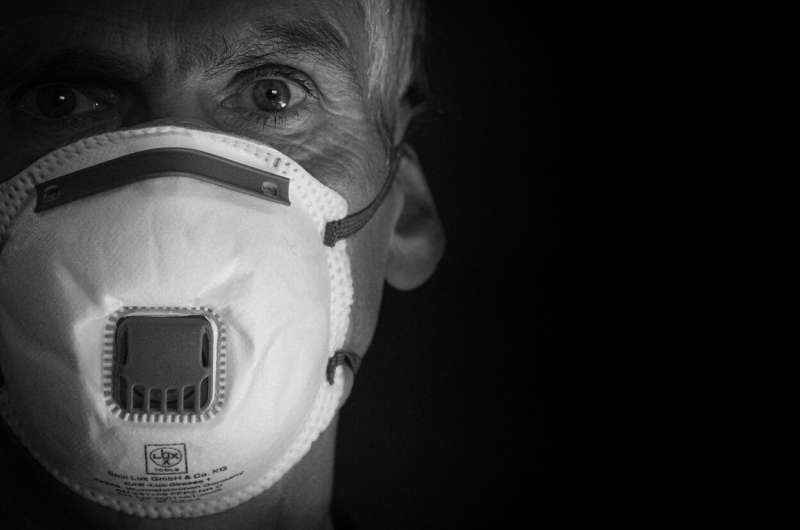How has the COVID-19 pandemic impacted clinicians who care for children with cancer?

New research indicates that the COVID-19 pandemic has had a profound effect on pediatric oncology health care professionals worldwide, requiring significant staffing changes and causing physical, psychological, and financial distress. Published by Wiley online in Cancer, a peer-reviewed journal of the American Cancer Society, the study also found that clinicians were able to come together to continue to provide high-quality care for children with cancer, despite the challenges.
During the pandemic, lockdowns and restrictions aimed at curbing the spread of COVID-19 led to widespread disruptions in medical care. To examine the effects on pediatric oncology providers, who were already strained by a shortage of workers before the pandemic, Elizabeth Sniderman, MSN, APRN, and her colleagues surveyed 311 clinicians caring for children with cancer from 213 institutions representing 79 countries. Data from the surveys were collected from June 22 to August 21, 2020. In addition, 16 institutions participated in 19 multidisciplinary focus groups.
Among the major findings:
- Decreased clinical staff availability was cited as a major impact by 51% of institutions.
- Staffing modifications included decreased provider availability (66% of institutions), roles or responsibility changes, and transfer of staff to work outside of their specialty.
- Physical effects included COVID-19 illness, with 8% of respondents reporting health care provider deaths at their institutions.
- Fifty percent of providers did not have the necessary personal protective equipment.
- Respondents also experienced psychological distress and financial concerns.
- Impacts were felt by countries across all income levels.
"We also found that nurses were especially vulnerable to the impacts of the pandemic, as they became ill or quarantined more often, faced additional financial challenges, and were reassigned more often than physician colleagues," said Sniderman.
Respondents reported that burdens were addressed by increased teamwork, communication, contributions outside usual roles, and policies aimed at optimizing safety. Negative impacts were also counter-balanced by feelings of making a difference or contributing to the control of the pandemic.
Sniderman noted that although the study was conducted early in the COVID-19 pandemic, prior to the initiation of vaccination and the emergence of new variants, the findings revealed important strategies that remain relevant and are key for protecting health care providers. "The stabilizing elements that we found to help mitigate the challenges of the pandemic included teamwork, communication, feelings of contributing, and policies aimed at optimizing safety. These factors should be enhanced and implemented by organizations to support providers during this pandemic and future health crises," she said.
An accompanying editorial stressed that the study's results should not be taken lightly. "They reflect a serious risk that can ultimately affect the care of children and compromise the success of their treatment," the authors wrote.
More information: Elizabeth R. Sniderman et al, Impact of the COVID‐19 pandemic on pediatric oncology providers globally: A mixed‐methods study, Cancer (2022). DOI: 10.1002/cncr.34090



















